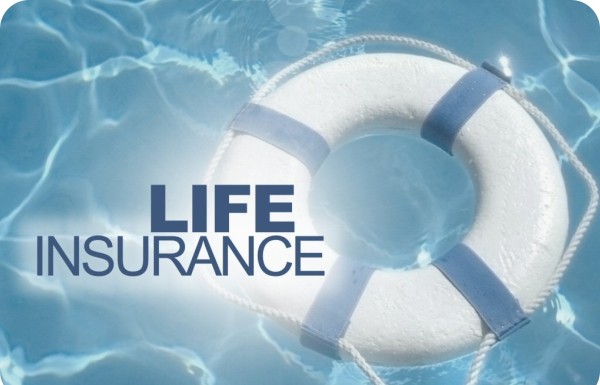We’ve discussed establishing trusts and foundations as part of your estate planning strategies. But there are also trust facilities available to you that are built in to many investment vehicles that you need to remember as well.
“Naming a beneficiary for your insurance policies, mutual funds, and other investments are an important step when sorting out your portfolio,” said Richard Cayne of Meyer International in Bangkok, Thailand. “They are a vital part of your estate plans, even if you have established a comprehensive will.”
Don’t forget to name beneficiaries!
Most people think of beneficiaries are people who will inherit from wills and life insurance policies. But that’s not the only time you need to name beneficiaries. Pretty much any financial instrument could offer a beneficiary facility as part of the product. Bank accounts, pension plans, investment funds – you may notice a section in the forms asking for beneficiaries.
Often people will fill this out once, or not at all, then forget about it. They may think that their will’s instructions will cover distributing these assets. After all, doesn’t “I leave all my assets to my children” include those accounts? Unfortunately, this is not necessarily the case. Depending on the financial institution and on the jurisdiction involved, your heirs may have to go through a tedious probate process, even with a certified will in place.
When no beneficiary is named – a real-life example
A Canadian citizen passed away in Japan, where he had retired. His will was executed in Japan where he bequeathed his assets to his sister, but he did not specify an offshore investment account. On further investigation, it turns out that he didn’t name a beneficiary to that account. Since the sister didn’t know about this account and it was not listed in his will, the financial institution wasn’t notified.
In this case, the sister was only made aware of this potential windfall because the gentleman was a client of Meyer International. We discussed opening this account as part of his investment strategy, and, when he did, we strongly suggested that he name beneficiaries, explaining that something like this could happen, but he never did. Because he didn’t, “something like this” did happen.
Nevertheless, when we found out about his passing, we followed up to make sure his sister received the assets as her brother intended. However, since he didn’t name her specifically as beneficiary to that account, she had to go through a complicated process, made more complex because of the multiple countries involved.
Review your investments and make sure everything is filled out
The main takeaway from that story is – fill out the beneficiary section of all your accounts! And make sure that this is part of every planning and review session for your estate. Otherwise, your loved ones may not be taken care of in the way you planned, because not every financial professional will help out as in the above example!
Not sure where to begin? Ask a trusted financial expert for assistance. They can walk you through how to ensure that your beneficiaries are fully taken care of.















